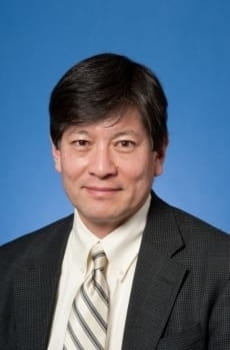
Prof. Mochizuki, affiliated Sigur Center for Asian Studies faculty, consulted with the Okinawa prefectural government to discuss the relocation of a United States Marine Corps Air Station in the region.
Sigur Center for Asian Studies
At the Elliott School of International Affairs

Prof. Mochizuki, affiliated Sigur Center for Asian Studies faculty, consulted with the Okinawa prefectural government to discuss the relocation of a United States Marine Corps Air Station in the region.

Tuesday, April 2, 2019
12:30 PM — 1:45 PM
Chung-Wen Shih Conference Room
The Elliott School of International Affairs
1957 E Street, NW, Washington, District Of Columbia 20052
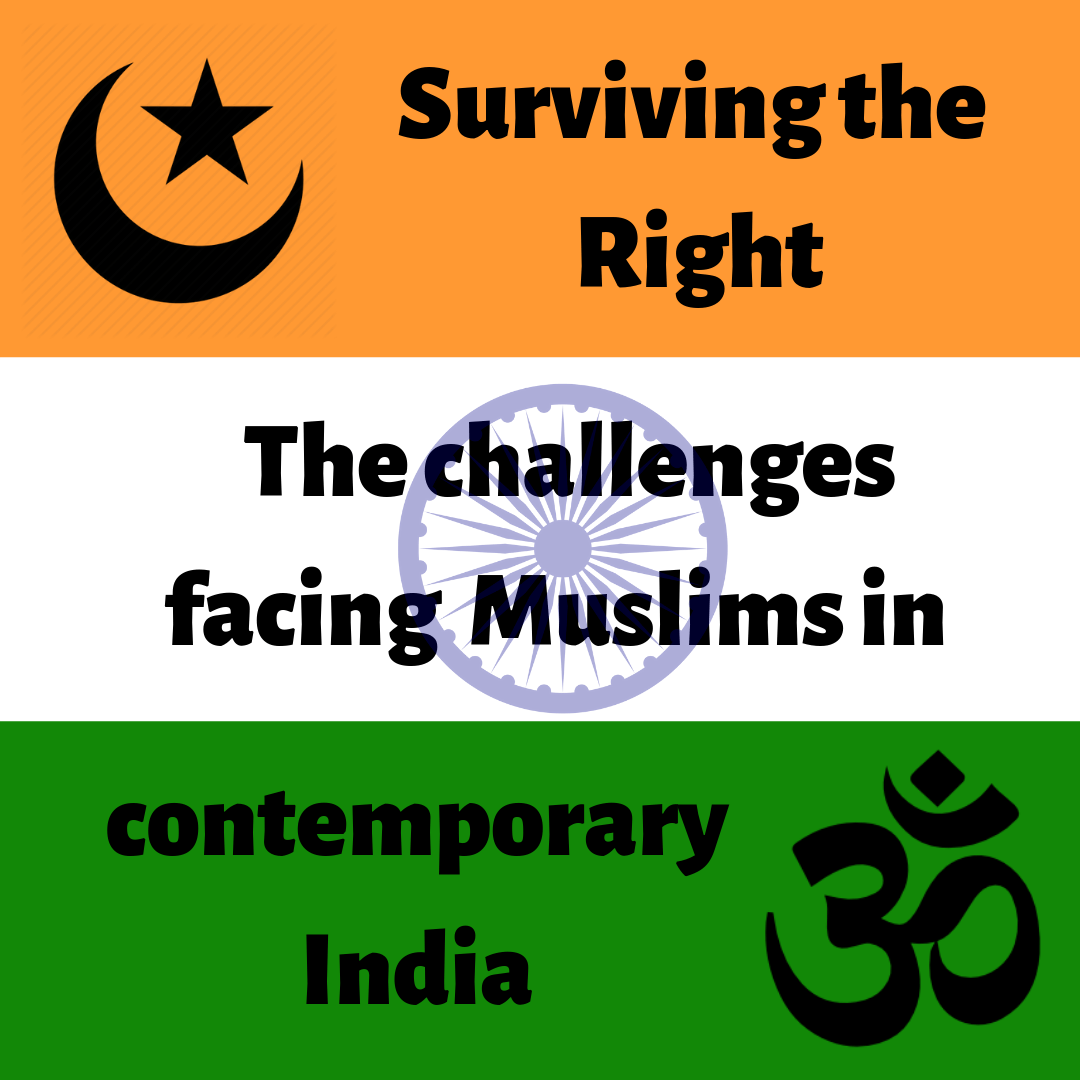
Muslims comprise the largest religious minority in India. Despite constitutional safeguards, poverty, marginalization, discrimination and violence is an everyday reality for the community. This situation has been exacerbated in the present political scenario where those in positions of power have either shown complicity or have actively participated in perpetuating violence and discrimination against Indian Muslims. Hate crimes against the community, including mob lynching either in the name of cow vigilantism or unabated hate speeches and repeated instances of communal violence have added to this marginalisation.
Muslim women in India are triply disadvantaged, first as members of a minority, then as women, and poor women and find themselves often trapped between being loyal to their religious identity and a desire for freedom and equal rights within those communities as well. From being targeted during communal riots as honour bearers of the community being revenged to having to defend and claim their rights from within patriarchal structures in a communal climate, Muslim women in India are fighting many battles.
With elections around the corner, this conversation, after throwing light on what it means to be a Muslim in contemporary India, also intends to bring to the fore the specific challenges that Muslim women face in an increasingly communal environment in the country.
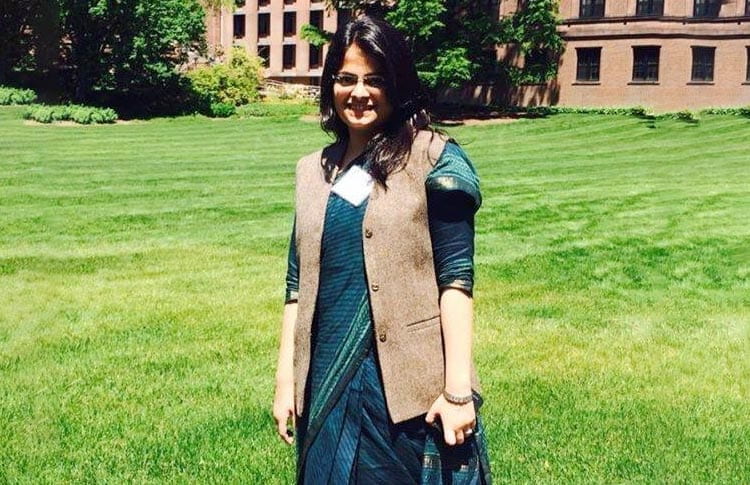
Mariya Salim is a women’s rights activist, researcher, writer and an Islamic feminist. She has a degree in human rights law from the School of Oriental and African Studies, London. With over ten years of experience in the development sector, she has lent herself to many feminist concerns, especially those related to the rights of Muslim women. Mariya is associated with the Bharatiya Muslim Mahila Andolan (Indian Muslim Women’s Movement) and writes extensively in the media on
issues related to Minority rights, Identity Based Violence and Muslim women’s rights.

Thursday, February 28, 2019
9:35 AM – 12:25 PM
District House, B1 Dance Studio
2121 H Street, NW, Washington, District Of Columbia 20052
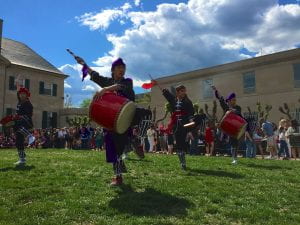
The Okinawa Kai of Washington DC, the Japanese Language and Literature Program at GW, the Okinawa Collection at the Global Resource Center of the Gelman Library, the Sigur Center for Asian Studies would like to invite you to attend this year’s Okinawa Cultural Day, filled with a lecture on the history of karate, a Kata performance, self-defense techniques, and Tameshiwari (Board Breaking Demonstration)!
This event is free and open to the public. This event will be primarily conducted in Japanese as this is a language engagement event for students and the public. Take this opportunity to expand your Japanese vocabulary!
Agenda:
Session I:
9:35 AM – 10:10 AM: Karate lecture and performance, including self-defense techniques
10:10 AM – 10:15 AM: Sanshin music
10:15 AM – 10:50 AM: Eisaa dance performance
Session II:
11:10 AM – 11:45 AM: Karate lecture and performance, including self-defense techniques
11:45 AM – 11:50 AM: Sanshin music
11:50 AM – 12:25 PM: Eisaa dance performance
12:30 PM – 1:30 PM: Reception with light refreshments (Room B114, across the hall from B132)
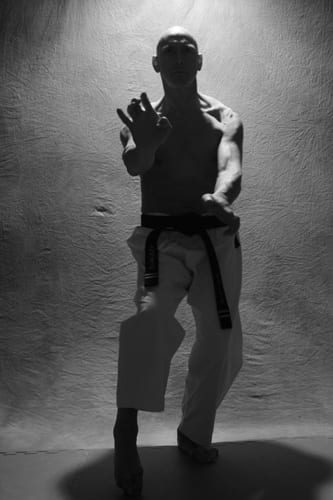
About the Martial Arts Performer:
Nestor Tadeusz Folta is the owner and head instructor of the Academy of World Champion Nestor Folta traditional karate schools located in Northern Virginia. He is a registered 8th Degree Black Belt and Master Instructor in the Uechi-Ryu Karate- Do Association. All of his rank promotion tests and certifications have been at the World Headquarters for the Uechi-Ryu Karate-Do Association in Futenma, Okinawa, Japan (aka Soke Shubukan).
About the Eisaa Performers:
– Michie Beckford (7-8 years of experience)
– Kyoko Dennard ( 5 years)
– Nester Koichi Folta (8-10 years)
These performers all belong to our Okinawa Kai of Washington, D.C., founded by Mr. Shima in 1983. In the past 20 some years, the Okinawa Kai has grown to more than 135 families and has been very active in providing educational and Okinawan cultural programs in the Washington area.
Eisaa (Okinawan: エイサー Eisaa) is a form of folk dance originating from the Okinawa Islands, Japan. In origin, it is a Bon dance that is performed by young people of each community during the Bon festival to honor the spirits of their ancestors. It underwent drastic changes in the 20th century and is today seen as a vital part of Okinawanculture.

Tuesday, March 5, 2019
12:30 PM – 1:45 PM
Chung-wen Shih Conference Room, Suite 503
Elliott School of International Affairs
1957 E Street, NW, Washington, District Of Columbia 20052
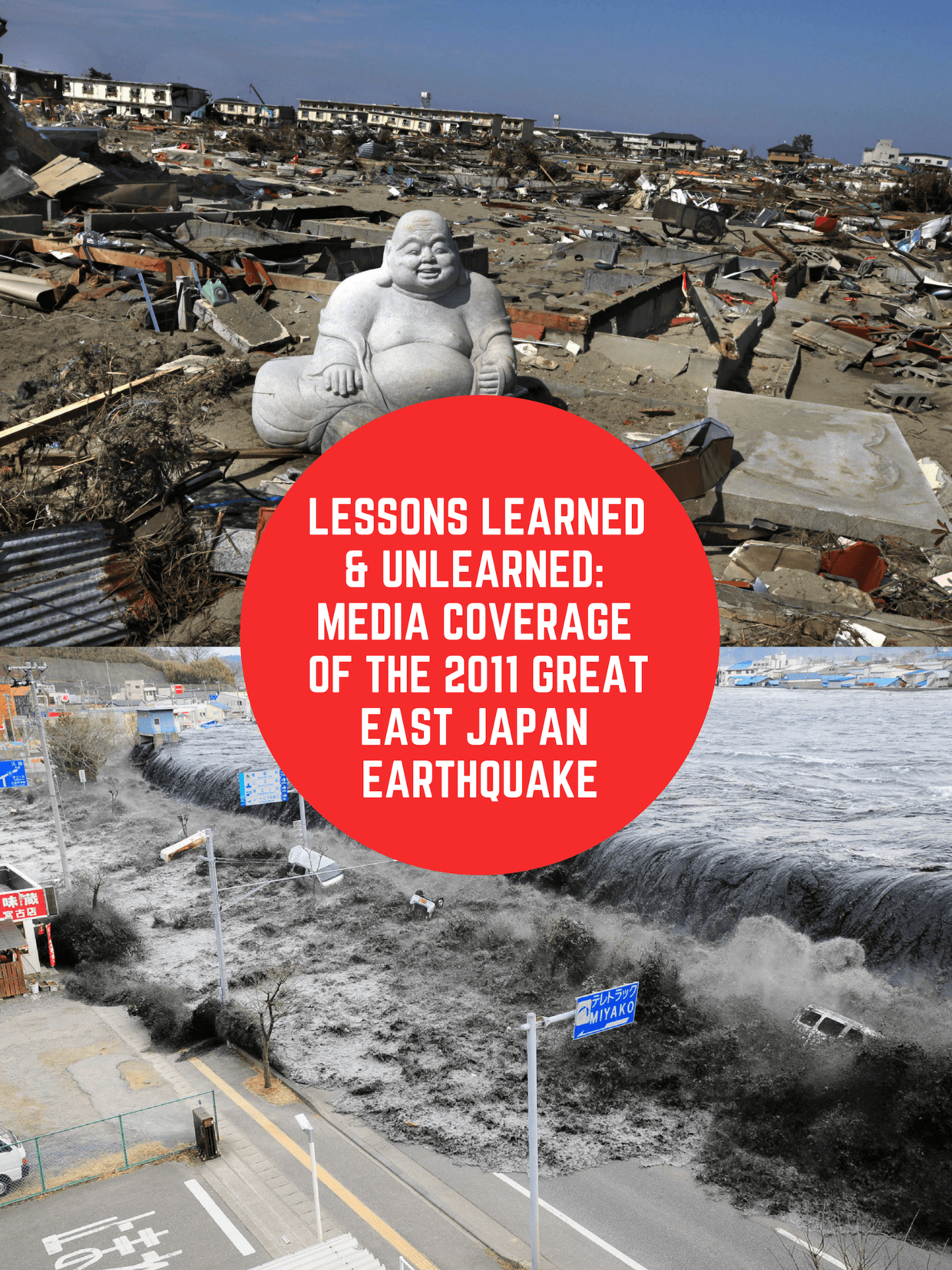
About the Event:
It has been almost eight years since Japan suffered from the Great East Japan Earthquake and Tsunami, and nuclear meltdown at Fukushima Daiichi plant in March 2011. What lessons have news media learned since then and how are they preparing for another highly possible huge disaster in a very seismic country? Professor Okumura is presenting based off of comprehensive and in-depth interview projects with newsroom executives at fourteen Japanese mainstream national media outlets. The findings reveal Japanese media’s weak journalism practice particularly in the early stages of the disaster, as well as their stagnation to remain in print and broadcasting rather than developing their capabilities on the internet and smartphone platforms. He extends his analysis to the implications on public trust toward media and the government, and the possible impact on Japanese society as well as Japan’s relations with the world in the case of another huge disaster.
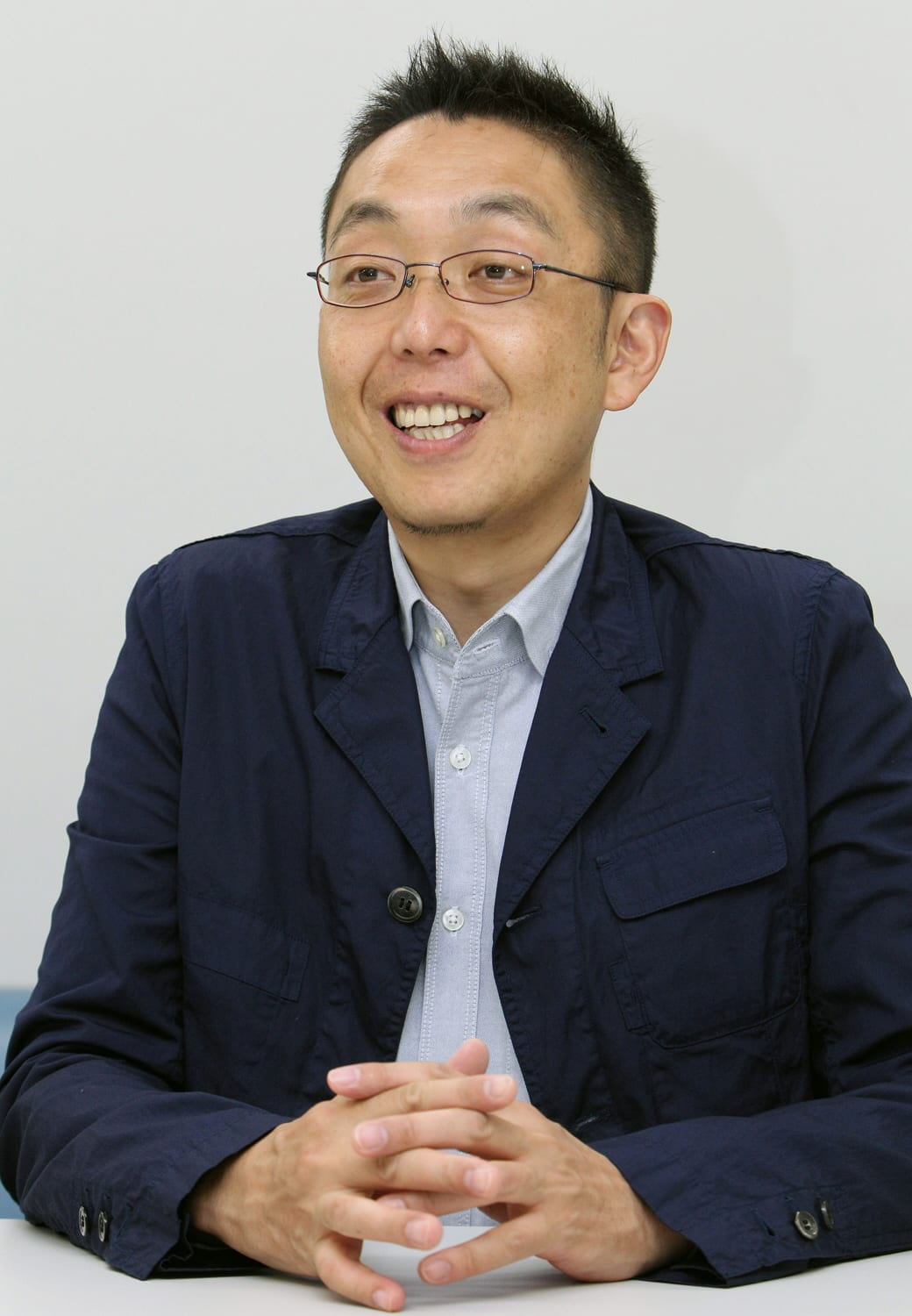
About the Speaker:
Nobuyuki Okumura is currently a Fulbright visiting scholar at the Sigur Center for Asian Studies. He is also a professor at Musashi University in Tokyo.He was originally a news producer/reporter at TV Asahi covering mainly covering politics and diplomacy. He has been actively covering various issues in journalism since he started his academic career as a professor at Ritsumeikan University in Kyoto in 2005. His research topics range from journalism storytelling to telecommunication policy and he has been contributing various web news sites. He holds an M.A. degree from Sophia University in International Relations. He was also awarded the Fulbright Journalist Program award in 2002-03 and conducted research at SAIS, Johns Hopkins University.

Friday, March 1, 2019
3:00 PM – 5:00 PM
Rome Hall 459
801 22nd Street, NW, Washington, District Of Columbia 20052
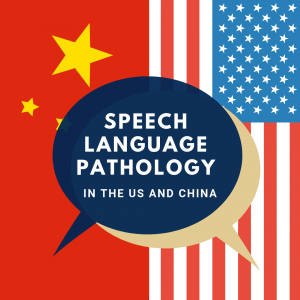
About the Event:
Speech Language Pathology is a profession that has grown in both scope, and availability in the US since it’s earliest years. This presentation will describe the training involved in becoming a Speech Language Pathologist, as well as the opportunities, settings and responsibilities for this healthcare profession in the US. The profession of Speech Language Pathology in China is in its infancy but is growing. The way it is evolving is in some ways similar to the profession’s growth in the US, but in other ways it is very different. Some of the opportunities, and challenges for the profession in China will be explored.
This event is co-sponsored by the GW Department of East Asian Languages & Literatures, and the East Asia National Resource Center.
About the Speaker:
Dr. James Mahshie is a professor and Department chair at The George Washington University. He directs the Cochlear Implant Communication Lab where his currently funded research explores the development of speech perception and production abilities by children with cochlear implants. Prior to his arrival at George Washington he was a faculty member at Gallaudet University where he was chair of the Department of Speech, Language, and Hearing Science. His professional life has been committed to better understanding how deaf and hard of hearing children and adults communicate through spoken language and the development of improved strategies to enhance communication. He has written numerous articles, book chapters, and a book on these topics. He is a fellow of the American Speech-Language-Hearing Association.

Thursday, March 28, 2019
2:00 PM – 3:30 PM
Lindner Family Commons, 6th Floor
The Elliott School of International Affairs
1957 E Street, NW, Washington, District Of Columbia 20052
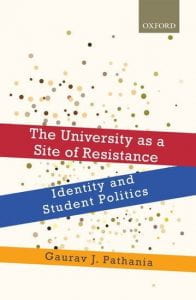
Light refreshments will be served. This event is on the record and open to the media.
About the Event:
Universities have long been the sites of resistance and freedom of expression. The student revolt in the 1960s across US university campuses had an indelible impact on European student movements and revitalized the debate on democracies around the globe, including the world’s largest democracy, India. For the past decade US and Indian university campuses have been embroiled in student protests against capitalist policies. In the age of hashtag activism, how have campus politics and forms of resistance changed? Can we draw some parallel between then and now? The panel debates the changing dynamics of student politics and its relationship to broader social movements in the US and India.
About the Speaker:
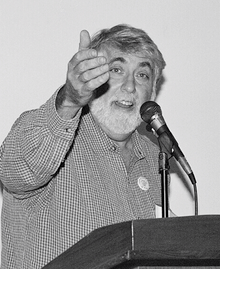
Mark Rudd was the Chairman of the Columbia Chapter of Students for a Democratic Society (SDS) in April, 1968, during the largest student strike against the war in Vietnam and racism up to that time. He then was elected the last National Secretary of SDS and helped found the revolutionary and anti-imperialist Weather Underground. He was a federal fugitive for seven and a half years. The author of Underground: My Life in SDS and Weathermen, Mark Rudd has been a lifetime organizer for peace and social justice. He’s now involved in transforming the Democratic Party into a party of the people.
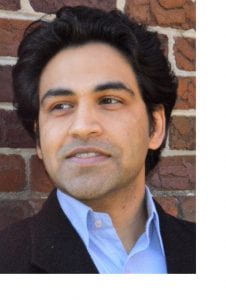
Gaurav J. Pathania teaches Social Movements in the Department of Sociology at the George Washington University. He is a Visiting Scholar at the University of Massachusetts, Amherst and a Post-Doctoral Researcher at the University of Southern California, USA. His research explores student movements, race, caste and regional identity issues in higher education. He authored a book: The University as a Site of Resistance: identity and Student Politics with Oxford University Press.

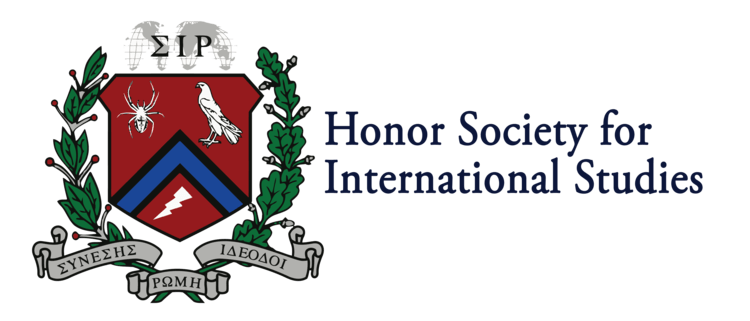
Tuesday, March 5, 2019 7:30 PM – 9:30 PM
Room B12
The Elliott School of International Affairs
1957 E Street, NW, Washington, District Of Columbia 20052
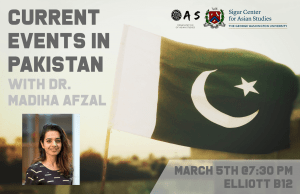
Light refreshments will be served. This event is on the record and open to the media.
About the Event:
Join Sigma Iota Rho, the Organization for Asian Studies and the Sigur Center for Asian Studies as we discuss US-Pakistan relations and current events in Pakistan with Dr. Madiha Afzal, Visiting Fellow for Foreign Policy, Global Economy and Development at Brookings. We will also be discussing Dr. Afzal’s latest book, Pakistan Under Seige: Extremism, Society and the State. Join us on March 5th at 7:30 pm in 1957 E Street room B12. A small reception will follow.
About the Speaker:
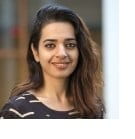
Madiha Afzal is a visiting fellow in the Foreign Policy and Global Economy and Development program at Brookings. Her research lies at the intersection of development, security, and political economy, with a focus on Pakistan. She previously worked as an assistant professor of Public Policy at the University of Maryland, College Park.

Wednesday, February 27, 2019 12:30 PM – 1:45 PM
Elliott School of International Affairs
Chung-wen Shih Conference Room, Suite 503
1957 E Street, NW, Washington, District Of Columbia 20052
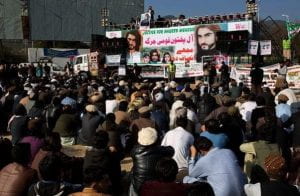
About the Event:
In January 2018, the Pashtun Tahafuz Movement (Pashtun Protection Movement) emerged as a dynamic non-violent social movement for justice and civil rights for the Pashtun communities in Pakistan. Claiming rights under the Constitution, a younger generation of Pashtun activists mobilized after the extra-judicial killing of a Pashtun in Karachi earlier in January 2018. The movement has several broad demands: including justice for the killing in Karachi, the clearing of landmines in the Pashtun border regions, and accountability for thousands of cases since September 2001 of Pashtuns across Pakistan who have been victims of extra-judicial detentions, “disappearances”, and custodial or extra-judicial “encounter” killings. The movement has directly attacked the Pakistan military and security agencies as responsible. Some have called the movement “anti-national” and agents of foreign countries. Even as print and television media have been under pressure to ignore the movement, the Pashtun activists have used social media to mobilize support, post news of daily events, and organize marches and rallies across Pakistan. How do the activists perceive their movement? How has the activism been characterized by authorities and political critics? How might the movement be contextualized in the post-Arab Spring era, especially as such movements in other countries have shown mixed or failed results?
About the Speaker:
Professor Robert Nichols is a history professor at Stockton University. His research covers the history of South Asia, Pakistan, and Afghanistan in the early modern, colonial, and post-colonial periods. These interests include political, economic, social, and cultural interactions across communities as well as interregional connections between areas of the Indian Ocean world. His teaching includes History seminars, Methods, and Senior Thesis and courses on social movements, contemporary events in South Asia, and the Vietnam War.

Tuesday, February 12, 2019 4:30 PM – 7:00 PM
Elliott School of International Affairs
6th Floor, Lindner Family Commons Room
1957 E Street, NW, Washington, District Of Columbia 20052
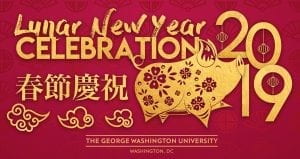
Please join the Organization of Asian Studies on the celebration of the Lunar New Year 2019! As a festival which shared by many Asian countries, this will be an excellent opportunity for students from different countries to celebrate together and get to know with each other! Delicious food from multiple countries and fun games such as lantern making are waiting for you!
This event is on the record and open to the media.
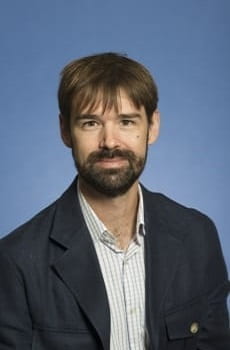
The Sigur Center for Asian Studies and the Institute for Korean Studies, both housed in the Elliott School of International Affairs, have been awarded $1.8 million to establish an East Asia National Resource Center at the George Washington University.
The new center’s aim will be to address a national need for greater knowledge and expertise on East Asia through expanded language instruction, area studies educational programs, outreach and teacher training.